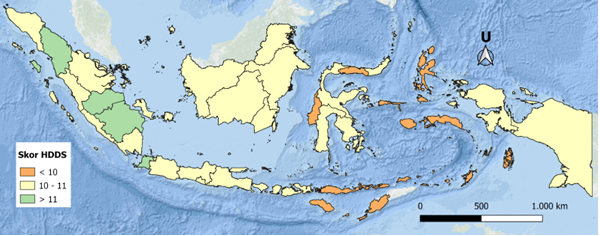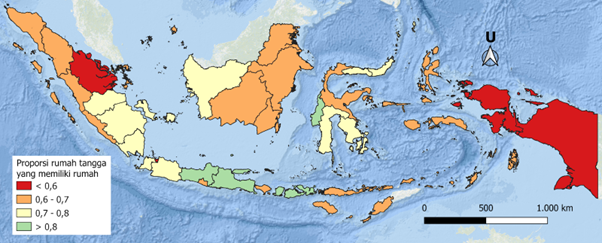Urban Housing and Its Impact on Household Food Security
Conference
64th ISI World Statistics Congress - Ottawa, Canada
Format: CPS Abstract
Keywords: indonesia
Abstract
This study empirically assesses home ownership and household food security in urban areas. Using OLS regression, the authors examine the relationship between home ownership and the dependent variable, household food security. We analyzed 581,085 households from the 2019 and 2020 Indonesia Social Economic Survey (Susenas). The results show that households with their own houses have better food security than rent. Furthermore, the analysis results show that house ownership in non-poor households has a stronger association with the level of food security compared to poor households. This finding implies a need to increase opportunities for home ownership for urban households in Indonesia. In addition, with these findings, we also suggest the need to consider increasing ownership of residential assets as part of a policy to increase food security.
Figures/Tables
HDDS Score 2020 by province

Home Ownership in Urban Indonesia

